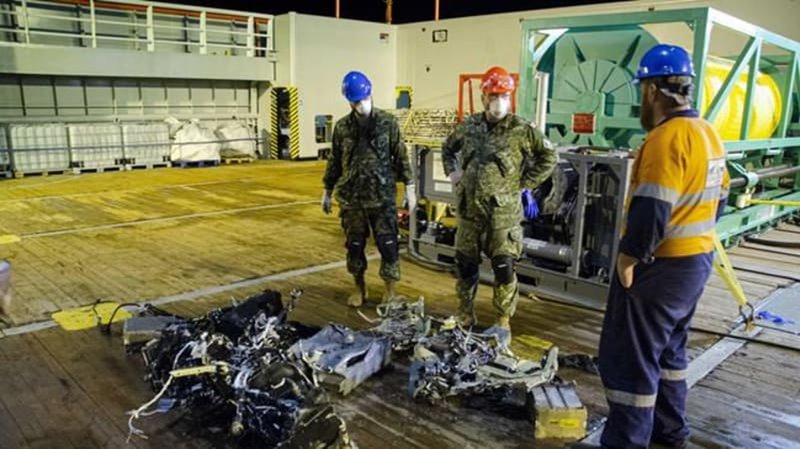
Military helicopter did not respond as expected before crash: investigators
OTTAWA — Flight investigators have determined the military helicopter that crashed off the coast of Greece in April did not respond as the crew on board expected before going down into the Mediterranean Sea.
The finding was in a preliminary investigation report published Monday by the Royal Canadian Air Force, which did not provide a definitive answer for what caused the April 29 crash.
The report instead says investigators will now focus on both the Cyclone helicopter’s various systems and what role “human factors” played in the crash. Military officials have previously said the full investigation could take up to a year.
Six members of the Canadian Armed Forces were on board when the Cyclone helicopter went down while deployed with the Halifax-class frigate HMCS Fredericton. All of them were killed.
